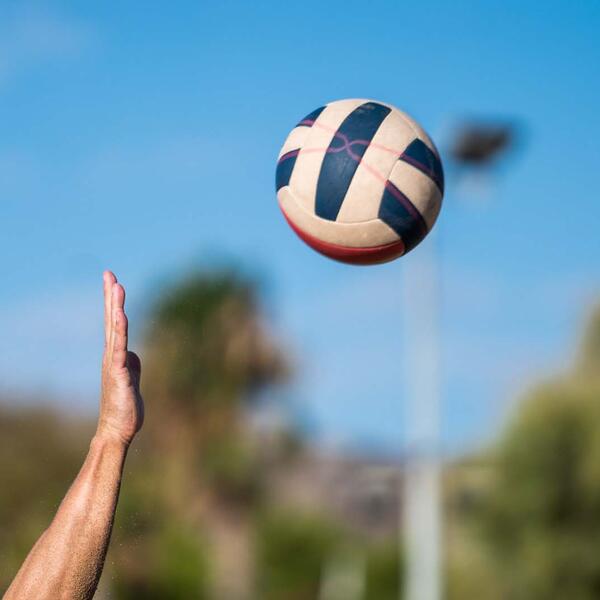Releases
WADA statement on U.S. Senate’s passing of the Rodchenkov Anti-Doping Act

The World Anti-Doping Agency (WADA) maintains its concern following yesterday’s decision by the United States (U.S.) Senate to pass the Rodchenkov Anti-Doping Act of 2019 (Rodchenkov Act).
WADA supports Governments who use their legislative powers to protect athletes in the fight against doping in sport. However, while recognizing positive elements of this legislation, WADA and other stakeholders continue to believe that some very important elements of the Act will have unintended consequences and will disrupt the global legal anti-doping framework recognized to date by 190 nations, including the U.S., through the UNESCO International Convention Against Doping in Sport. WADA and many other organizations representing governments and sports around the world, including from within the Council of Europe, the International Olympic Committee and a number of Anti-Doping Organizations, have expressed concerns around the issue of extraterritoriality in the Act as it will undermine the fight against doping worldwide.
No nation has ever before asserted criminal jurisdiction over doping offences that occurred outside its national borders – and for good reason. It is likely to lead to overlapping laws in different jurisdictions that will compromise having a single set of anti-doping rules for all sports and all Anti-Doping Organizations under the World Anti-Doping Code (Code). This will have negative consequences as harmonization of the rules is at the very core of the global anti-doping system.
WADA remains concerned that by unilaterally exerting U.S. criminal jurisdiction over all global doping activity, the Act will likely undermine clean sport by jeopardizing critical partnerships and cooperation between nations. Further, the Act could impede the capacity to benefit from whistleblowers by exposing them to possible prosecution and preventing ‘substantial assistance’ deals in line with the provisions of the Code.
This Act may lead to other nations adopting similar legislation, thereby subjecting U.S. citizens and sport bodies to similar extraterritorial jurisdictions and criminal sanctions, many of which may be political in nature or imposed to discriminate against specific nationalities. This will be detrimental to anti-doping efforts everywhere, including in the U.S.
WADA President Witold Bańka said: “We join other stakeholders around the globe in asking why this U.S. legislation, which purports to protect athletes and claims jurisdiction overseas, specifically excludes the hugely popular and influential professional and college leagues. Nearly half a million athletes compete in U.S. college sports, and thousands more in the professional leagues. These leagues were originally included in the Act but were subsequently removed without explanation. Why are those who surround the athletes in these associations and leagues now exempt from the scope of this legislation? If it is not good enough for American sports, why is it being imposed on the rest of the world?
“While the Act was passed without consultation with international anti-doping partners, WADA will seek to work with U.S. authorities on implementing this legislation to ensure that the global anti-doping system, which has evolved for 20 years in close collaboration with the U.S., is not upended, that WADA's mandated investigative capacity is not diminished, and that the negative impact of this Act is minimized.”

